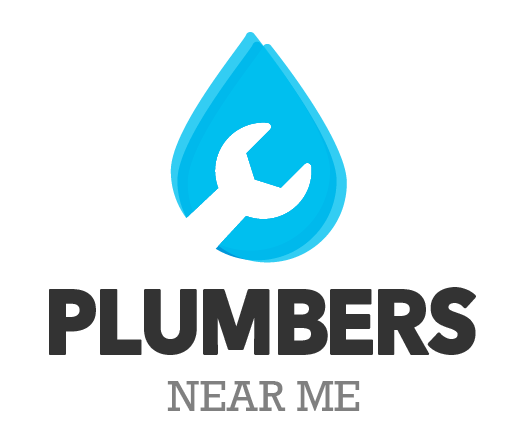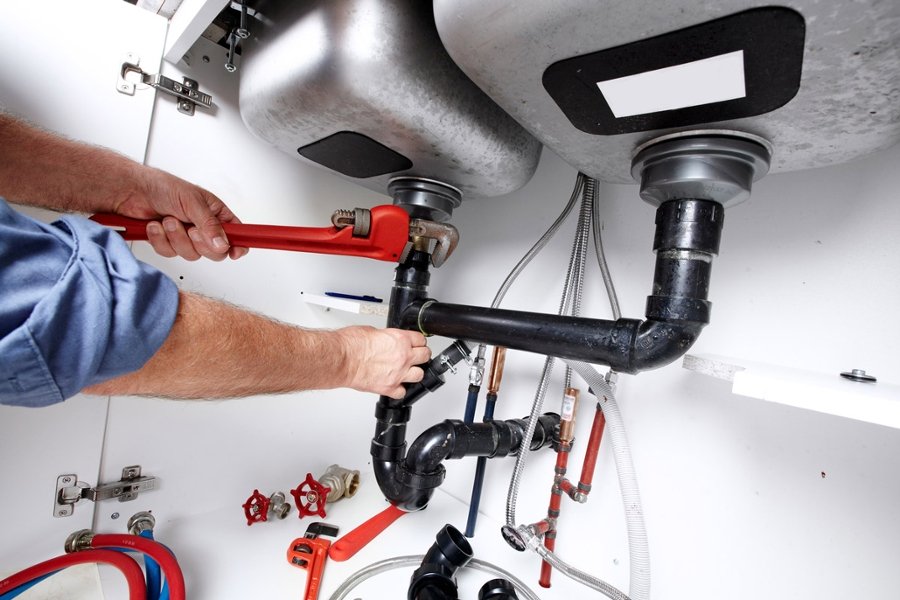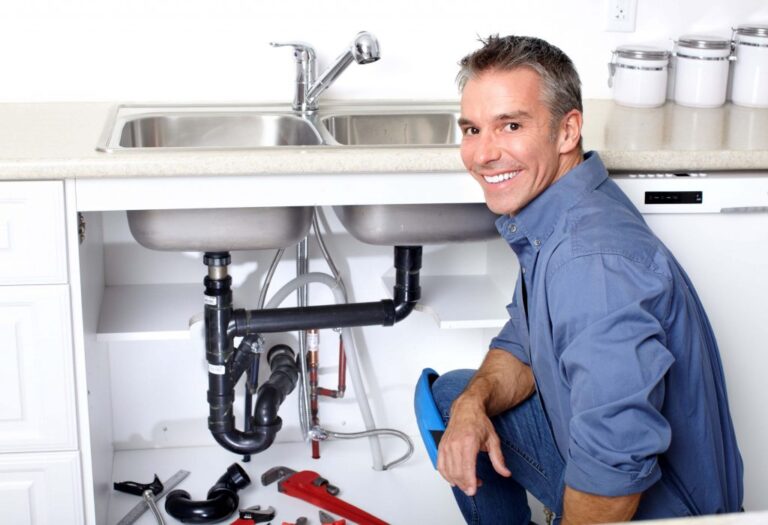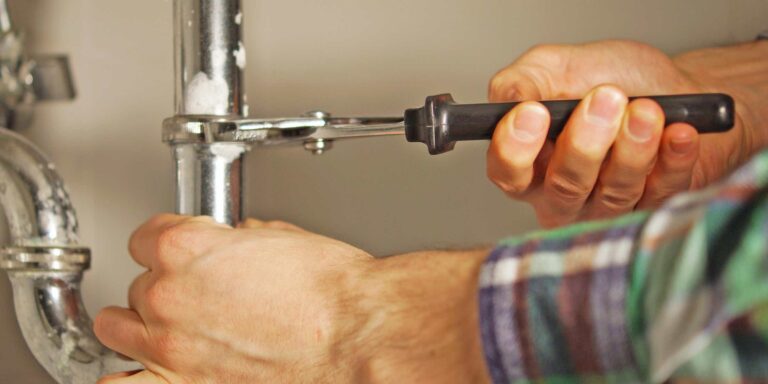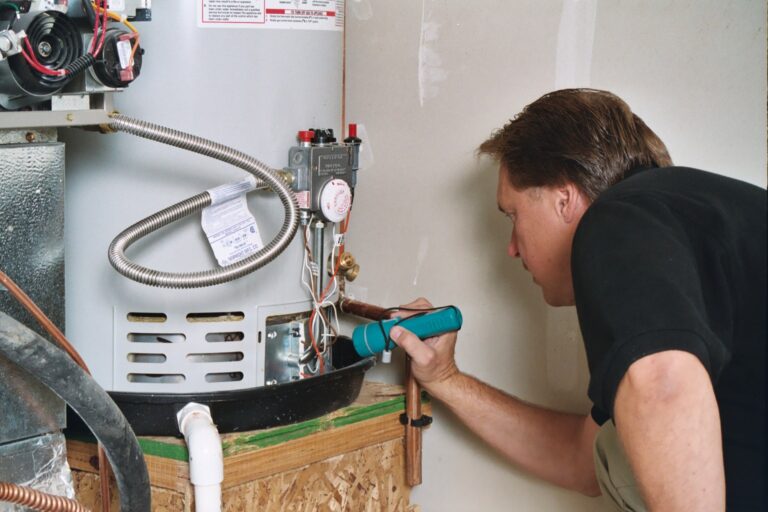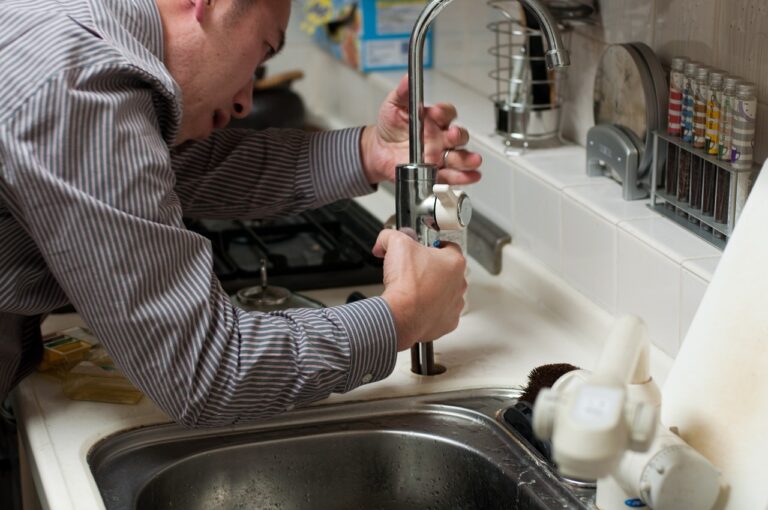Steps to Prevent Clogged Drains & Sewer Lines
If you want to prevent your drains and sewer lines from getting clogged, there are a few steps you can take. First, be careful what you put down your drains. Avoid pouring grease, oil, or fat down the drain, as these can solidify and cause a blockage. Coffee grounds, eggshells, and fruit pits can also cause problems, so it’s best to avoid putting them down the drain. Second, be sure to regularly clean your drains. This can be done by using a plunger or a drain snake. Finally, if you have a garbage disposal, be sure to use it properly and clean it regularly. By following these steps, you can help keep your drains and sewer lines clear and prevent costly clogs.
Steps to Prevent Clogged Drains and Sewer Lines
Clogged drains and sewer lines can be a major headache for any homeowner. Not only are they unsightly, but they can also lead to some serious health problems if not dealt with in a timely manner. Here are some tips to help prevent your drains and sewer lines from becoming clogged: 1. Be mindful of what you flush down your toilet. Only flush human waste and toilet paper down the toilet. Avoid flushing things like hair, feminine hygiene products, and paper towels down the toilet as they can cause clogs. 2. Dispose of cooking grease and oils in the trash. Do not pour them down the drain as they can solidify and cause clogs. 3. Install drain strainers in your sinks to catch food particles and other debris. This will help to keep your drains clear and prevent clogs from forming. 4. Schedule regular professional drain cleaning services. This will help to remove any buildup in your drains and sewer lines and keep them flowing freely. 5. Be proactive and address any slow-draining fixtures in your home right away. This will help to prevent serious clogs from forming. By following these tips, you can help prevent clogged drains and sewer lines in your home. If you do end up with a clog, be sure to contact a professional plumber to have it removed as soon as possible.
How to Keep Your Drains and Sewer Lines Clear
If your home is on city sewer lines, you are responsible for keeping the sewer cleanout accessible and free of debris. A sewer cleanout is the access point the city uses to clean the sewer line running from your home to the city’s main sewer line. It’s important to keep your sewer lines and drains clear to prevent sewage backups and flooding in your home. Here are some tips to keep your drains and sewer lines clear: 1. Use a plunger or a drain snake to clear clogs. 2. Do not pour grease or oil down the drain. 3. Do not flush paper towels, sanitary wipes, or other items that do not break down easily. 4. Use a mesh drain cover to catch hair and other debris before it goes down the drain. 5. Have your sewer lines cleaned by a professional every few years. If you follow these tips, you can help prevent costly repairs and keep your home’s drains and sewer lines clear.
Tips for Avoiding Clogged Drains and Sewer Lines
1. Keep an eye on what goes down your drains. Avoid pouring grease, fat, or oil down the drain, as these can solidify and clog your pipes. Dispose of these substances in a container instead. 2. Don’t pour coffee grounds, eggshells, or other food waste down the drain. These can easily accumulate and cause a blockage. 3. Be careful what you flush. Avoid flushing cigarette butts, paper towels, or other materials that can clog your pipes. 4. Inspect your drains regularly. If you notice any slow draining or pooling water, there may be a blockage. Contact a professional to clear the drain before it becomes a bigger problem. 5. Install a drain strainer. This will help catch hair, food, and other debris before it has a chance to enter your pipes.
Methods for Preventing Clogged Drains and Sewer Lines
Clogged drains and sewer line backups can be a major problem for any homeowner. Not only are they a nuisance, but they can also lead to serious damage to your home if left unchecked. There are a number of things that can cause your drains and sewer lines to become clogged, but there are also a number of ways that you can prevent these problems from occurring in the first place. One of the best ways to prevent clogged drains and sewer lines is to be proactive about what goes down them. Many homeowners make the mistake of thinking that anything can go down the drain, but this is simply not the case. There are a number of items that should never be put down your drains, including grease, coffee grounds, eggshells, and chicken bones. These items can build up over time and eventually cause a blockage. In addition, you should also avoid pouring harsh chemicals down your drains, as these can also lead to problems. Another way to prevent clogged drains and sewer lines is to have them cleaned on a regular basis. While you may not think that your drains need to be cleaned, they actually do. Over time, hair, soap scum, and other debris can build up in your drains and cause a blockage. Having your drains cleaned on a regular basis can help to remove this build-up and keep your drains flowing freely. Finally, you can also invest in a quality drain cover. This is a simple device that fits over your drain and prevents anything from going down it. While a drain cover will not completely eliminate the possibility of a drain becoming clogged, it can greatly reduce the chance. By following these simple tips, you can help to prevent clogged drains and sewer lines from becoming a problem in your home. If you do find that your drains are starting to back up, however, you should contact a professional plumber as soon as possible to have them cleared.
Ways to Prevent Clogged Drains and Sewer Lines
Your home’s sewer line is one of the most important, but least visible, components of your plumbing system. It is also one of the most vulnerable, since it is constantly exposed to potential sources of clogging, such as tree roots, grease, and soap buildup. A clogged sewer line can cause raw sewage to back up into your home, resulting in a costly and potentially dangerous cleanup. Fortunately, there are a number of things you can do to prevent your sewer line from clogging. Here are five of the most effective:
1. Install a drain cover. One of the simplest and most effective ways to prevent clogs is to install a drain cover over each drain in your home. This will catch hair, soap scum, and other debris before it has a chance to enter your sewer line.
2. Use strainers in your sinks. Strainers work similarly to drain covers, but they’re designed specifically for use in sinks. They’re usually made of mesh or another type of screen, and they can be reused after being emptied.
3. Avoid pouring grease down the drain. Grease is one of the leading causes of sewer line clogs. When it cools, it hardens and can adhere to the walls of your sewer line, eventually causing a blockage. To avoid this problem, never pour grease down the drain. Instead, dispose of it in the trash.
4. Use less soap. Soap buildup is another common cause of sewer line clogs. To reduce the amount of soap that enters your sewer line, use less soap when you’re washing dishes or taking a shower.
5. Have your sewer line cleaned regularly. The best way to prevent sewer line clogs is to have your sewer line cleaned on a regular basis. This will remove any accumulated debris and help to keep your sewer line free and clear.
Techniques for Avoiding Clogged Drains and Sewer Lines
If you want to avoid clogged drains and sewer lines, there are a few things you can do. First, make sure that you don’t put any food or grease down your drains. These can solidify and cause blockages. Second, use strainers in your sinks to catch hair and other debris. Finally, regularly clean your drains with a plunger or a plumbing snake.
